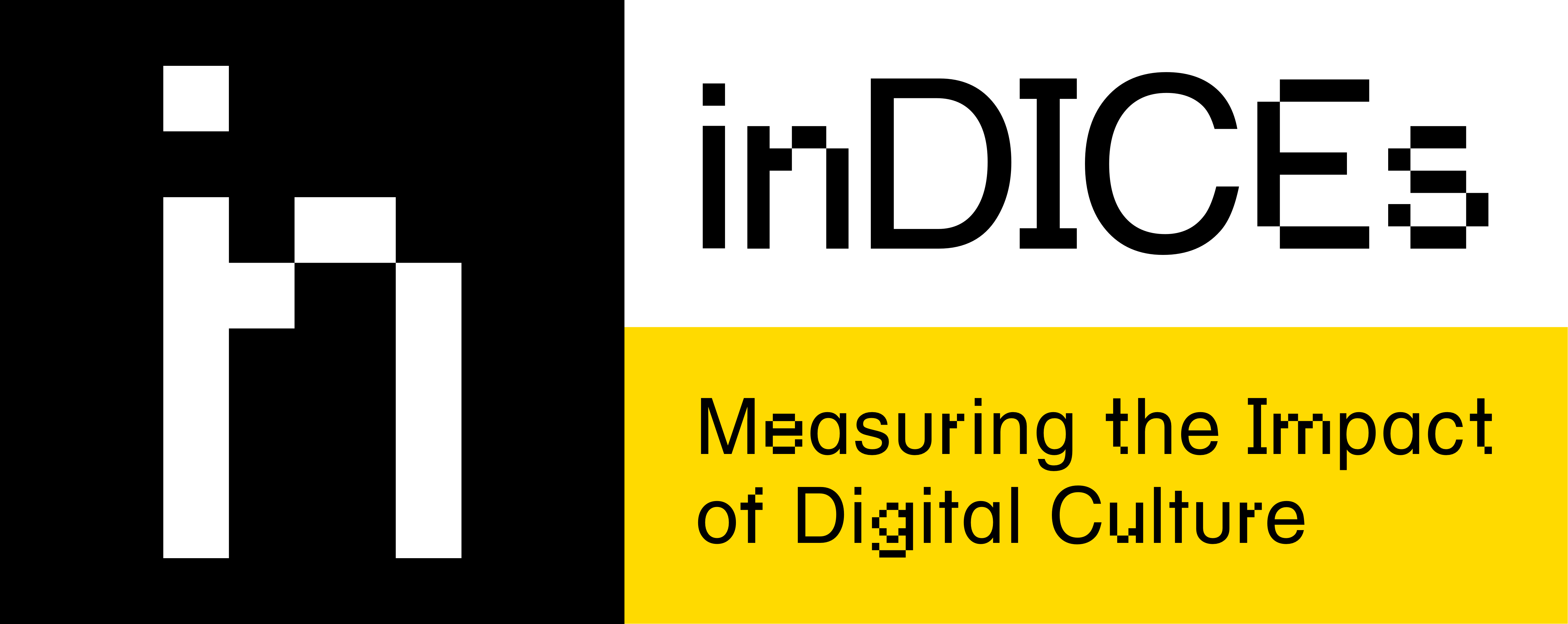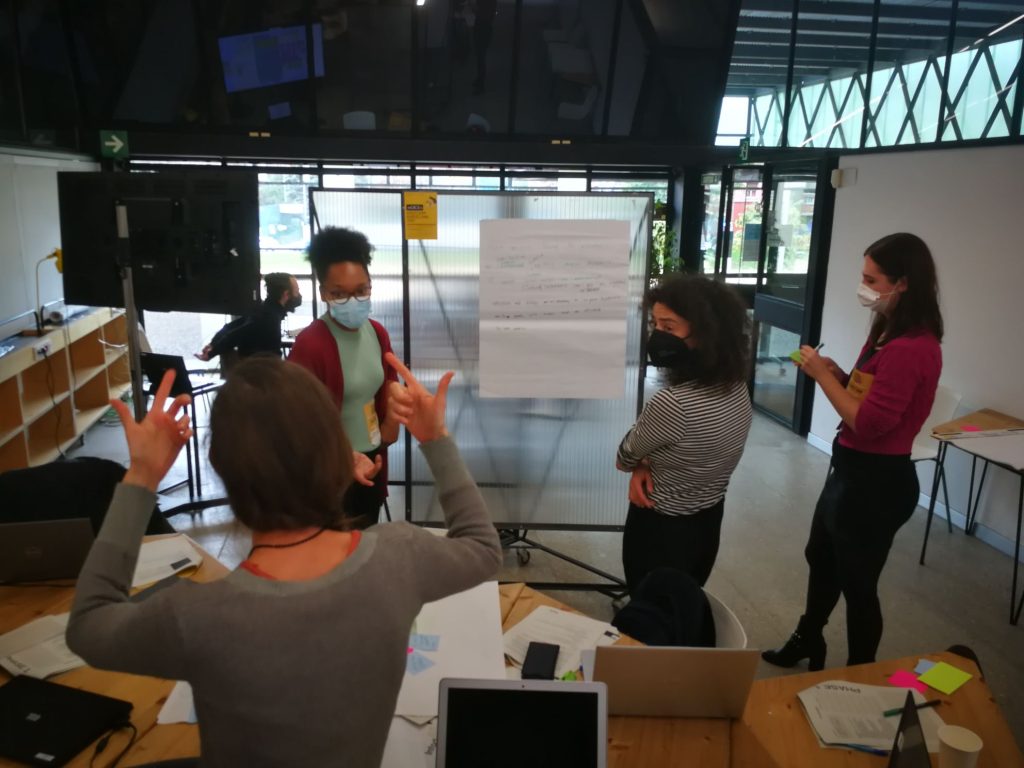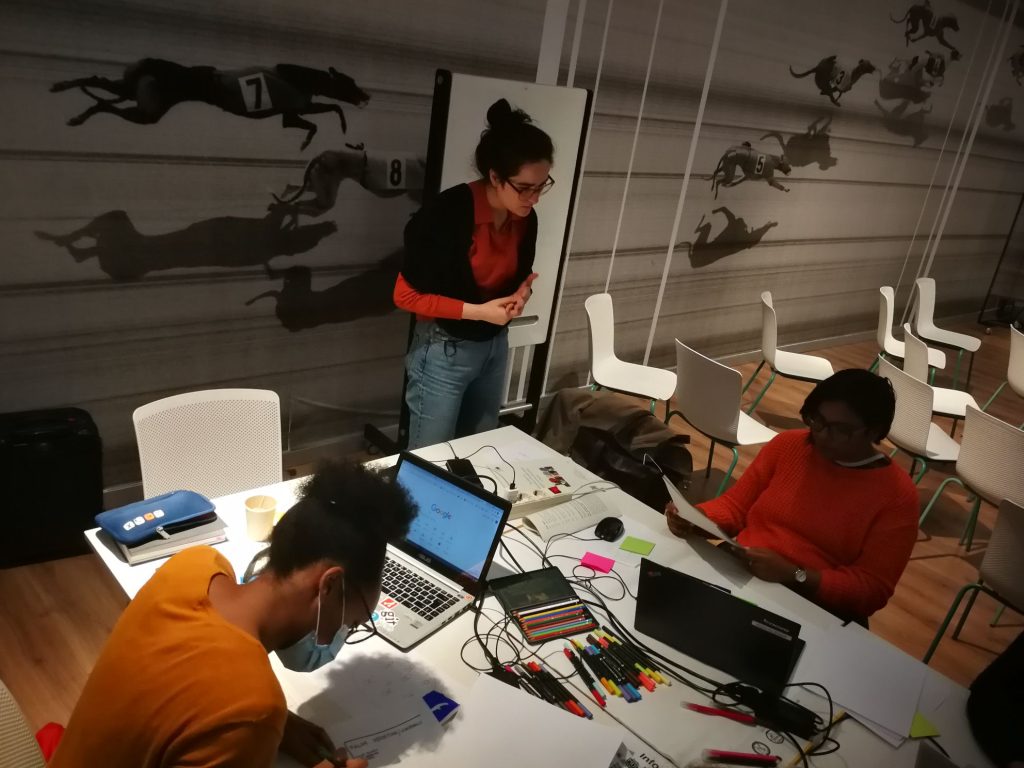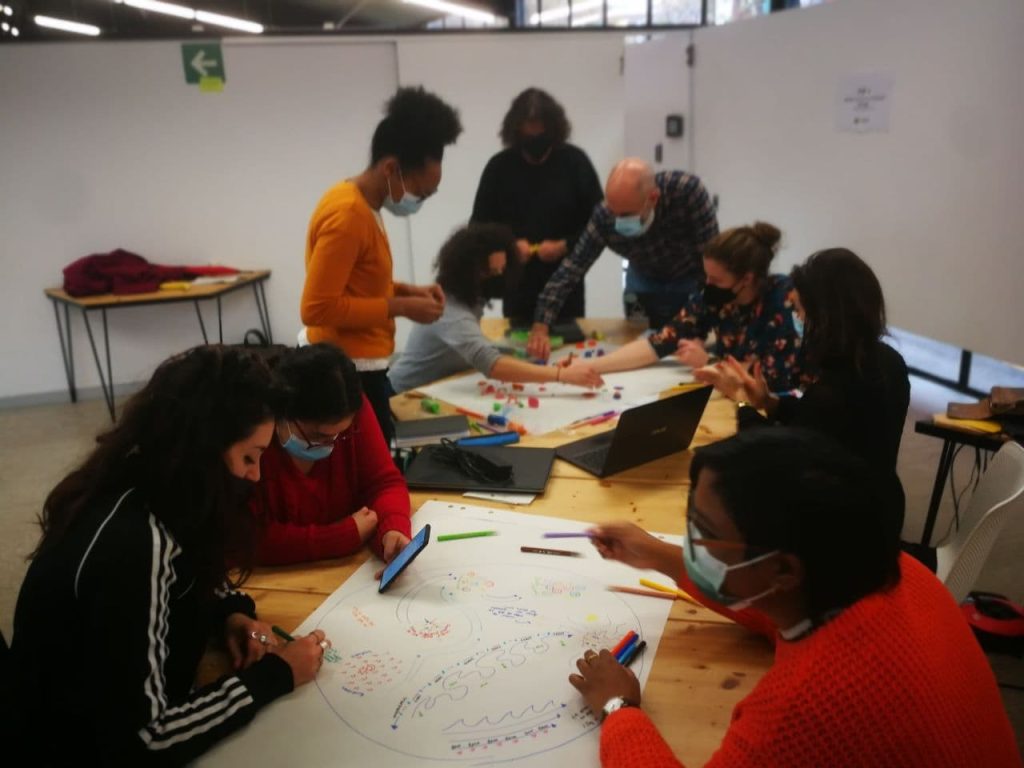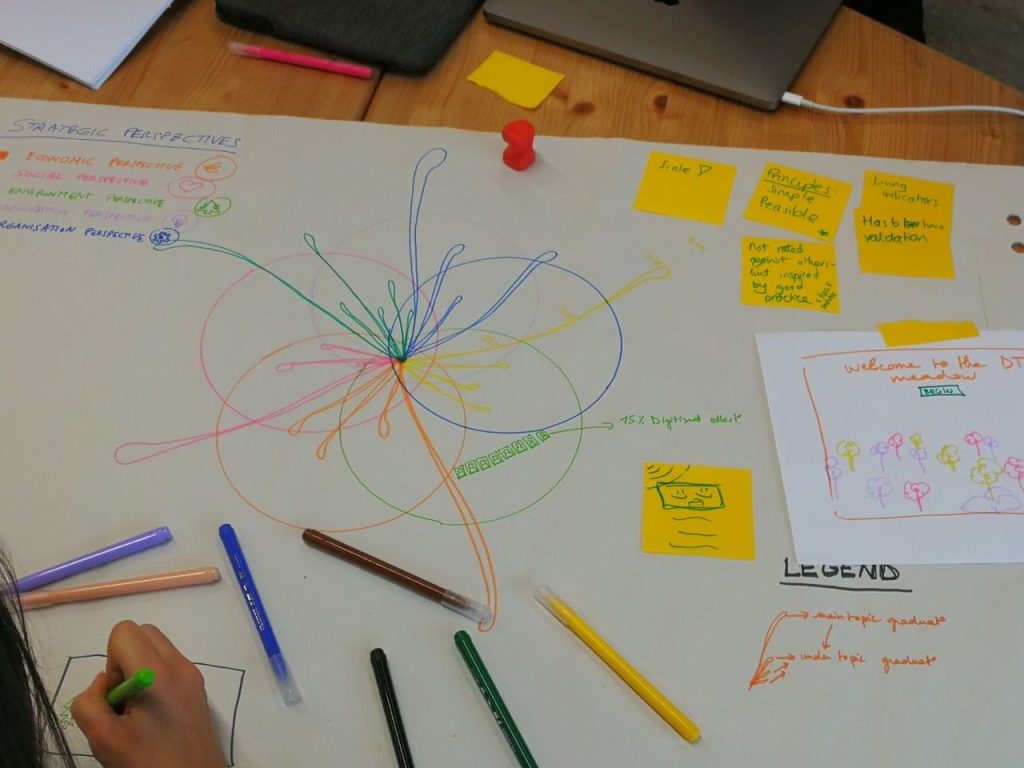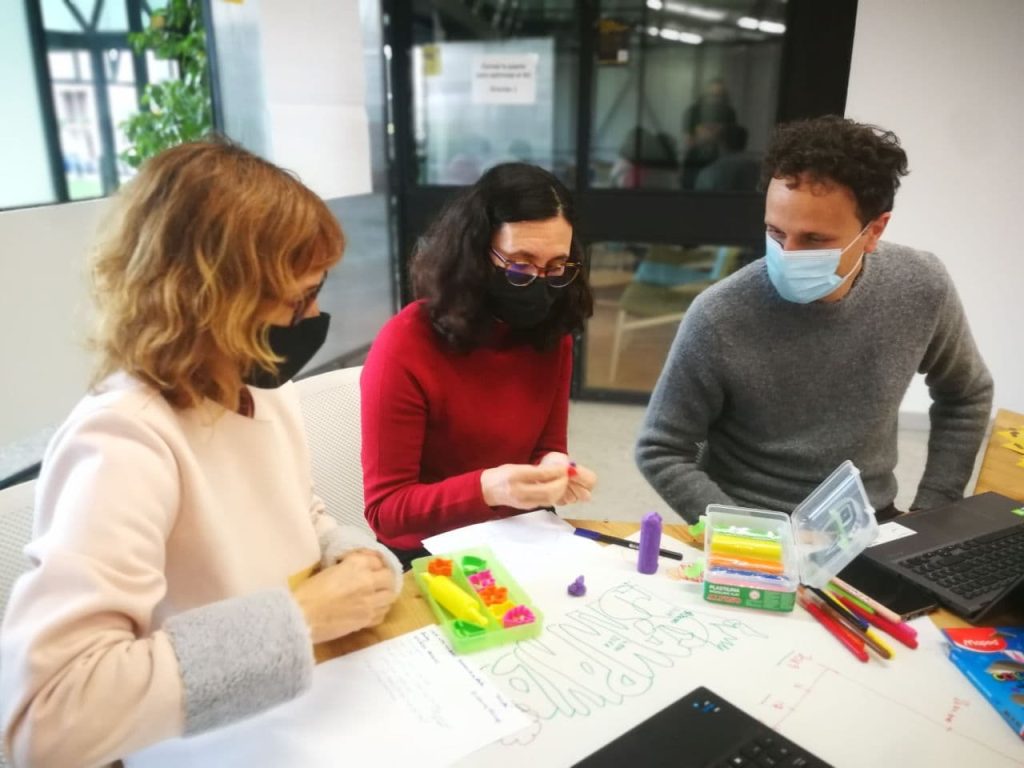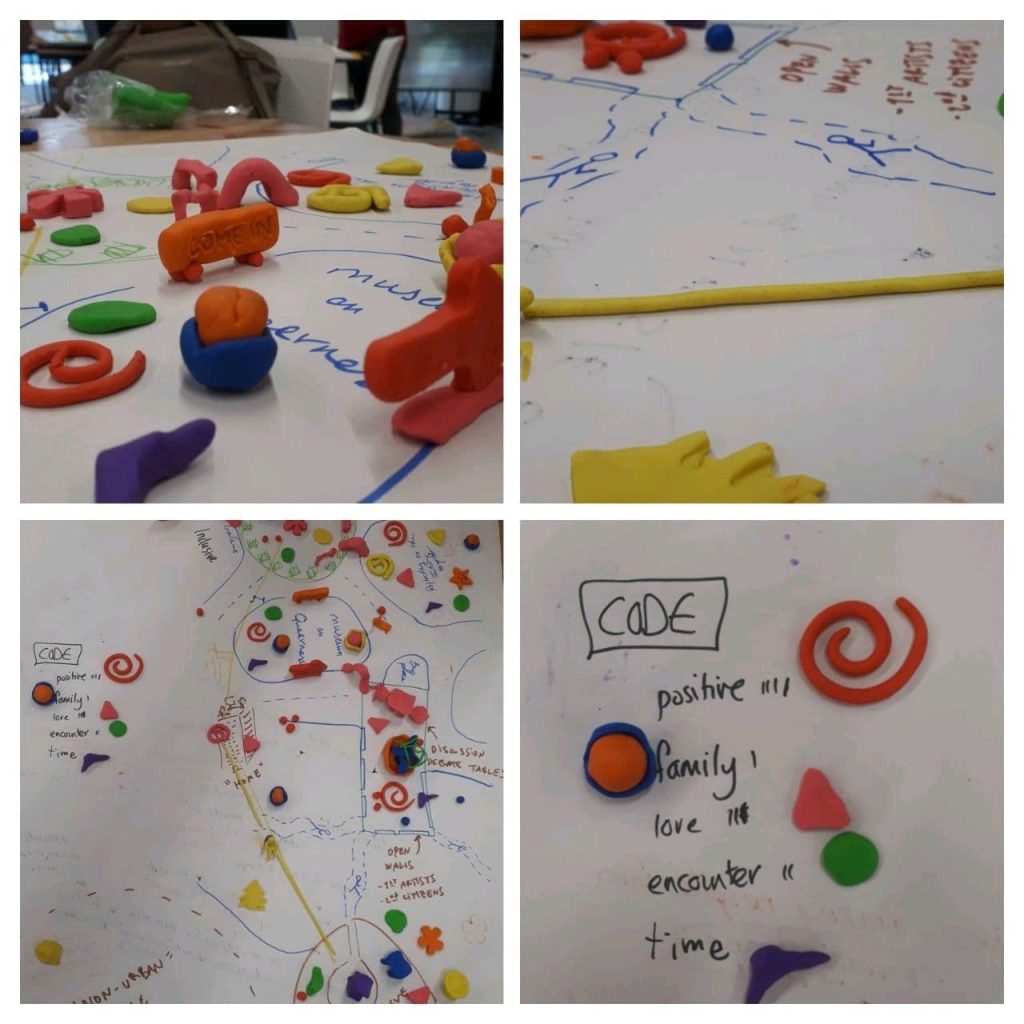On 23-24 of November, Platoniq held the inDICEs’ Bootcamp in Barcelona. The dynamic event gathered project partners and the general public, to collaborate and participate in a series of hands-on activities as well as keynotes and workshops.
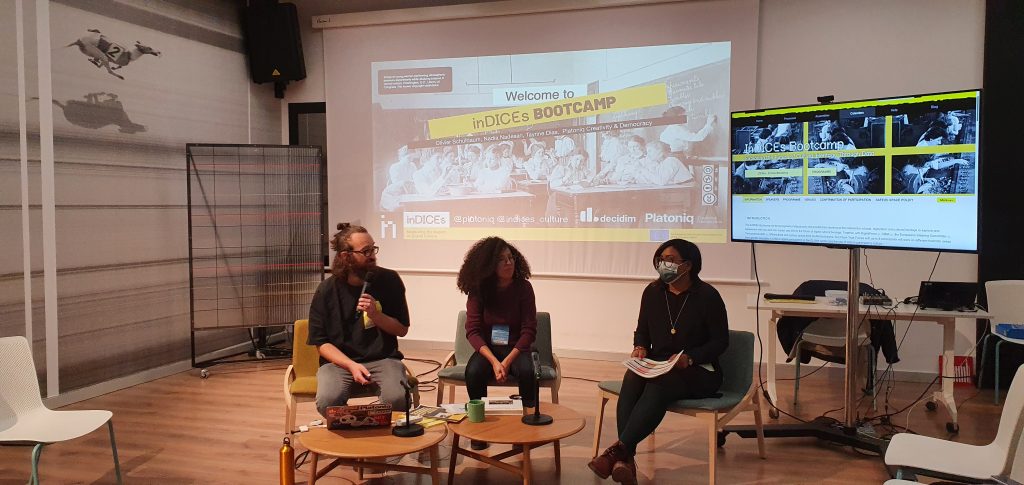
The event took place at the historic Canòdrom in Barcelona. A unique space that works as a cultural hub and a meeting place for grassroots organizations, social projects, research centres and citizens.
With this inspiring space, the inDICEs’ Bootcamp brought together professionals and practitioners working at the intersection of data, digitization and cultural heritage. In the course of the 2-day event, attendees were divided and grouped into dedicated task forces, with the duty to explore diverse issues with the use of data. During the intensive sessions, the participants used different tools, from the analogue sets of pencil colours and paper to the online environment of the inDICEs Open Observatory. Some of the reviewed issues were gender inequality in the arts, datafied political participation, and data collection for impact in GLAMs.
The programme also included a comprehensive number of specialists and speakers that spoke about the issues at hand and provided support and advice to each task force.
Not Your Ordinary Bootcamp
The Bootcamp was a twist on a datathon where participants were tasked with working on data relevant to the CHI sector to develop an analysis, however, they were also asked to create a more visual narrative to make the data accessible to wider audiences. The event took inspiration from the Europeana Impact Playbook. The playbook seeks to help cultural heritage practitioners to gather data around their impact and develop a report or narrative to then make that data accessible to readers. The Bootcamp had phases similar to that of the playbook however instead of three phases there were four:
- Writing Your Hypothesis CIMA
- Data analysis
- Visual Narrative creation
- Dissemination
These phases grounded each task force with distinct data and ideas into a cohesive structure with parallel aims for their work. Each task force tackled distinctive issues:
- Gender equality in GLAMs. This Task Force analyzed sex-disaggregated data from the movie industry in Spain. The aim was to understand trends regarding gender inequality and sharing good practices around open data for social justice.
- Collecting data to Design for Impact with The European Impact Steering Committee – Participants in this Task Force worked with data to reconstruct and create examples of data collection, creating more language, tools, and strategies for GLAMs to collect data that demonstrates their impact.
- Data and Democracy – data-driven proposals and quality indicators to improve the culture of participation with Tecnopolitica. This Task Force tackled data on deliberation and participatory culture on Decidim instances.
- Infodemics and society using Open Data and archives with Oyidiya Oji Palino – This Task Force worked on infodemics, digital culture, and pandemics paying special attention to the impact of society and its attitude towards minorities. You can read their conclusion on What is the role of GLAMs in the spread of misinformation? In the inDICEs’ Open Observatory Platform HERE
For a fair democracy and data access
Unlike most data-thons the focus of the inDICEs’ Bootcamp also focused on visualizing available data and bringing it to life for an outside audience. With this purpose, the event included various speakers and facilitators to support each task force to forward their vision. One such facilitator was Hayfaa Chalafi, who specializes in data visualization and visual communications. Chalafi did a comprehensive presentation on data cases and spoke about her own experience of creating accessible and impactful data narratives around visual culture, gender and migration. In her words, “There is no such thing as neutral data. Data visualisation is always emotional”
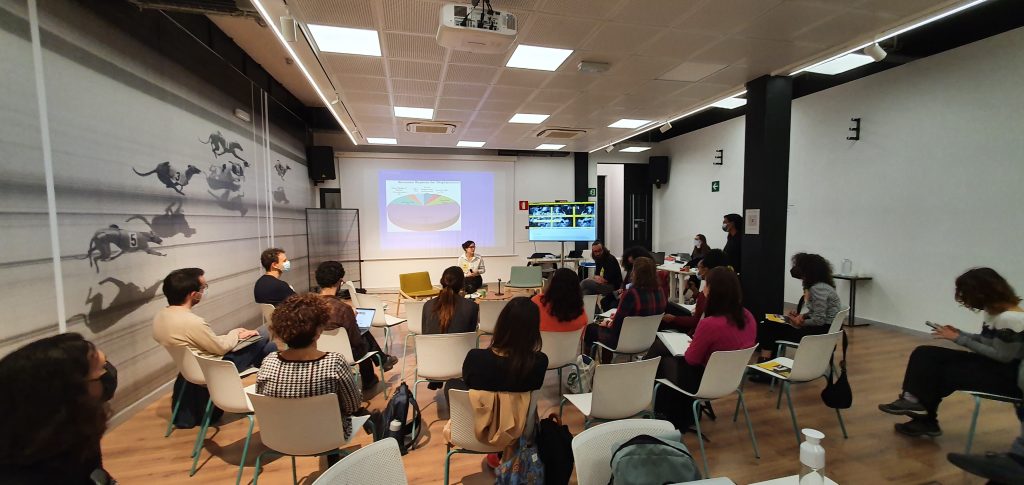
Also joining the event was Pablo Aragón, a research scientist at the Wikimedia Foundation, where he focuses on content integrity and resilience to disinformation in Wikipedia and other free knowledge projects. Aragón gave a presentation on the community governance to tackle misinformation in the case of Wikimedia, which he says “has shown that the web can continue to be an open space for free knowledge”
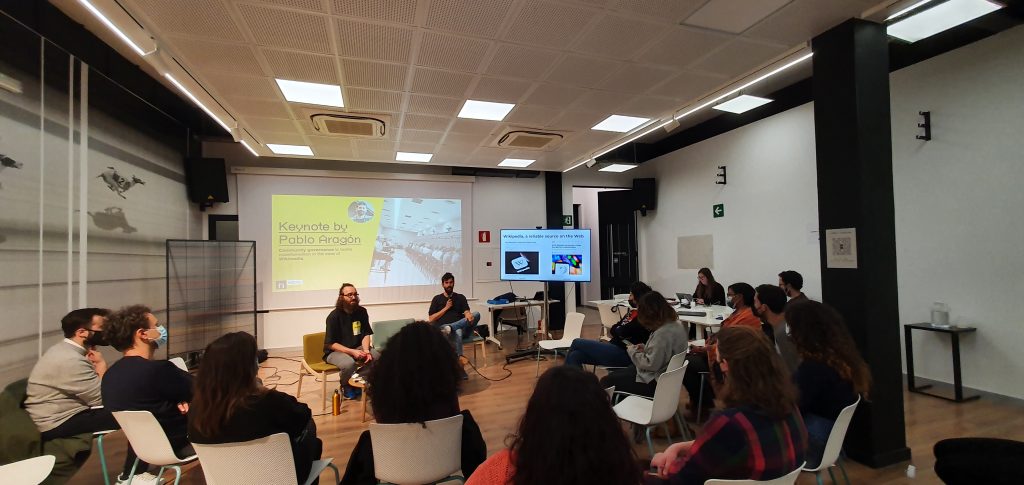
Finally, another keynote speaker was Ivana Feldfeber, who gave a presentation on Gender Inequalities, Bias in public policy and the need for feminist data. Ivana Ivana is the General Directress of DataGénero, a Data Observatory with Gender Perspective, located in Argentina. Using Python, she develops code with a focus on data about social issues and data justice.
Visualizing Data: Queer Cartographies
On day 2, to get participants critically thinking about data and telling a story, Hayfaa Chalafi facilitated a workshop based on the work of Mycket. As an art design & architecture group, Mycket experimented with the cartography of Gothenburg through a queer perspective after so many clubs were either attacked/burned/closed down in the period between 1980 and the 1990s. Artefacts of queer culture and desire are absent from any archival material which is likely a consequence of the prevalence of hate crimes (homophobic, transphobic, and racist) in Göteborg during this period. So the data they had to work with was immaterial but existed within individual and collective memory. Behind the exercise was the idea of mapping cultures from communities often invisibilized and reclaiming the data behind it. Each group was then tasked with creating queer cartography of places they were familiar with. The activity allowed each group to reflect on what they considered to be relevant data and make it visible.
Data Ecosystems with Europeana
Within each task force, members had to play with and rethink how they, and the audiences that they intend to reach, understand their data.
One task force that expanded their notion of data within their work was the task force led by the Europeana Steering Committee on Collecting Data to Design for Impact. The participants utilized data from the Europeana case studies and data to reconstruct and create examples of data collection to support Phase 2 of Europeana’s Impact Playbook.
Ultimately the goal of Europeana is to support broader diversity data collection practices in the cultural heritage sector. The work was performed in alignment with the work currently done in the inDICEs project, in which Europeana and Platoniq are project partners.
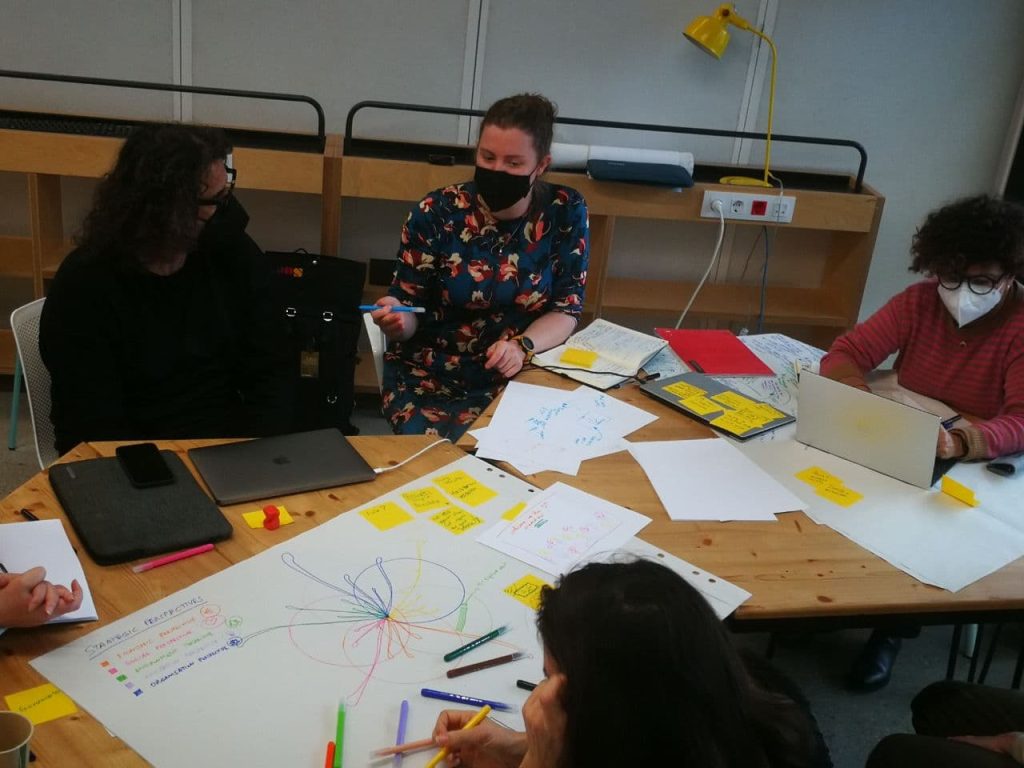
Are you interested in exploring the work that was done by the Task forces? You can find the hypotheses of each group in the Open Observatory and add your opinion about the discussed issues. Click here to join the discussions.
